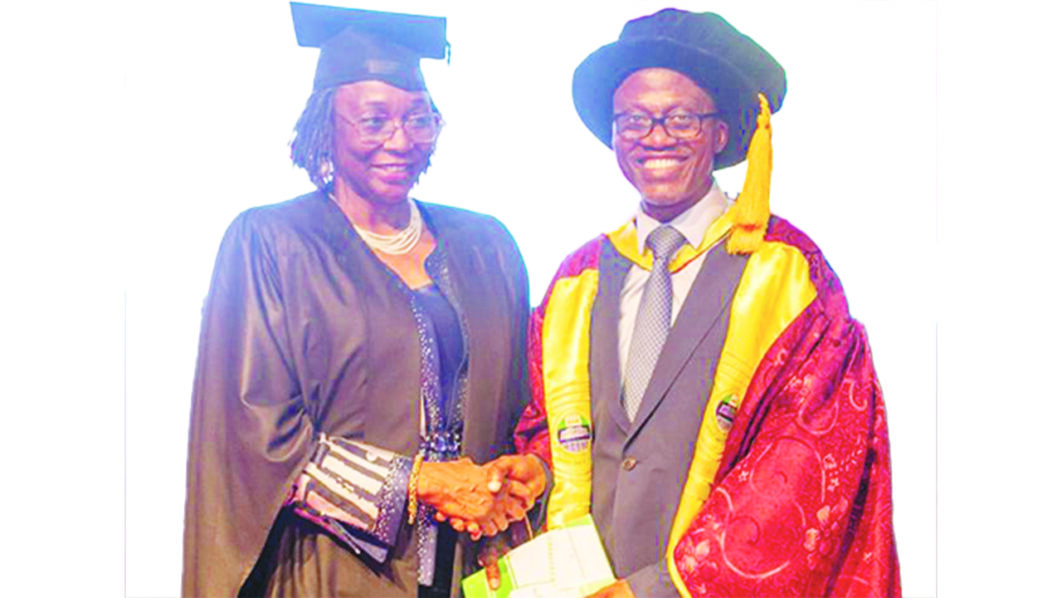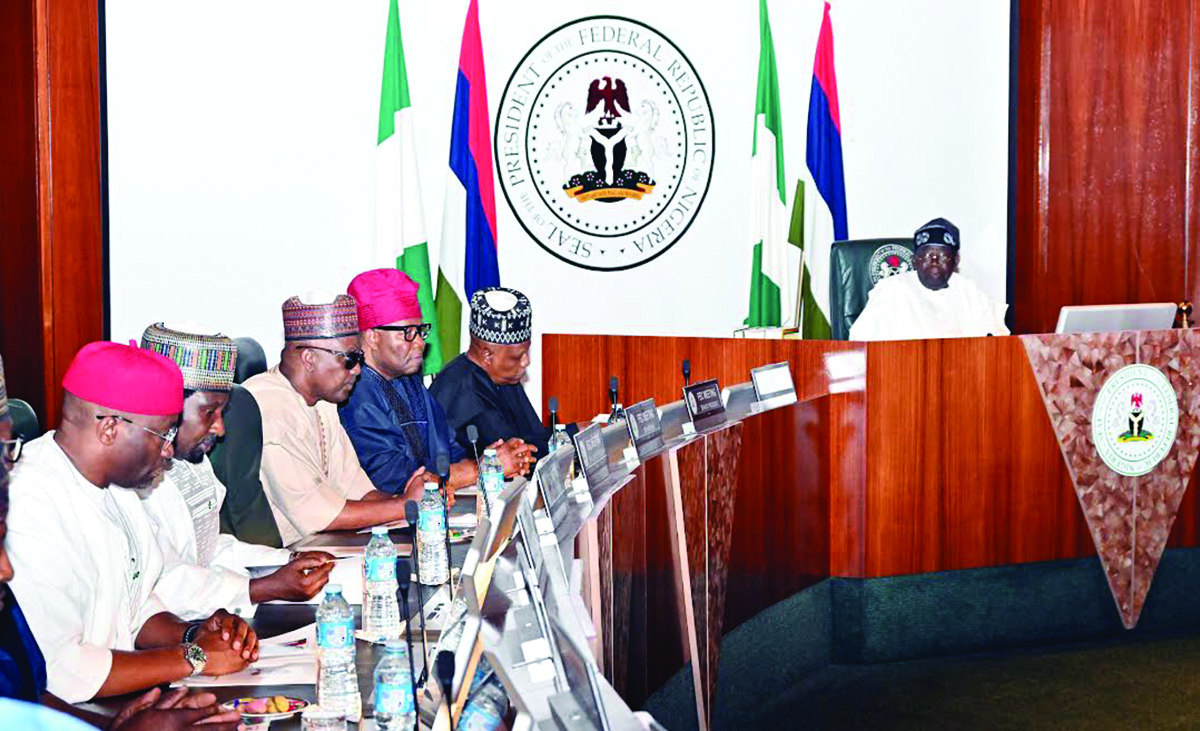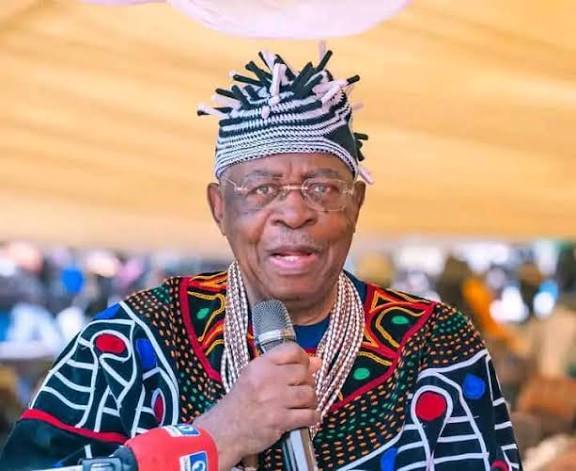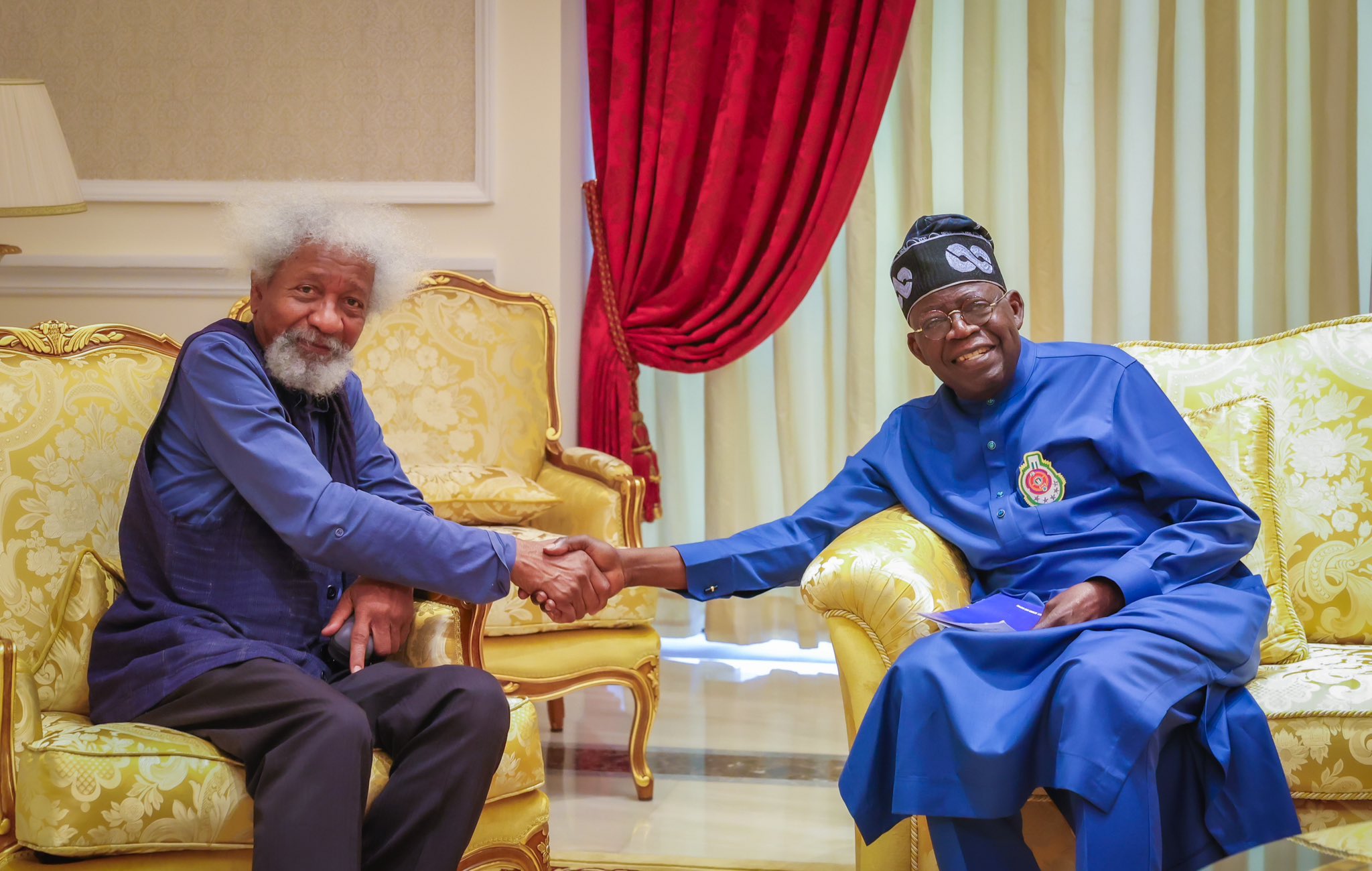
The concept of casino journalism is my critique of the evolving media landscape, one where randomness, sensationalism, and profit-driven motives dominate the journalistic enterprise. Journalistic integrity and the public good are sacrificed in such a landscape for short-term gains.
Media organisations exemplify the diverse ways media frame local and global events reflecting contested realities. In Nigeria, media organisations often reflect their political biases. At the same time, international media also exhibit clear biases, particularly in emotive and polarising conflicts, such as those between Israel and Palestine or Russia and Ukraine. While the media reflect political biases in Nigeria’s political history, they have played commendable roles in promoting narratives of the oppressed and sometimes voiceless Nigerians fighting oppression and excesses of the ruling class.
In March 1998, I was entrusted with managing the campaign activities of the Civil Liberties Organisation, standing in for my colleague, Dr Tunde Akanni, who was away on a fellowship program at Columbia University. At that time, Nigeria’s political landscape was firmly under General Sani Abacha’s control. He had successfully compelled all five government-recognized political parties to adopt him as their sole presidential candidate through manipulation and coercion. To solidify this illusion of public endorsement, his supporters organised a two-million-man rally in Abuja.
The opposition, however, faced insurmountable challenges: many leaders were in exile, imprisoned, or had met untimely deaths. In this oppressive climate, the pro-democracy movement had little recourse but to wield the power of narrative. As Abacha’s camp staged their two-million-man march, I developed a counter-narrative to delegitimise Abacha supporters’ narrative. I came up with the counter-narrative of a five-million-man march. However, I was convinced that we would barely mobilise 1,000 protesters. Amidst the pervasive fear and repression, our framing strategy turned the tide. Media outlets embraced and amplified this counter-narrative, lending it unexpected legitimacy.
On the day of the protest, fewer than 200 demonstrators gathered at Yaba, only to be met with a heavily armed contingent of mobile police officers. The protest was violently disrupted, and arrests followed, but as Todd Gitlin famously remarked, the world was watching. By the next day, headlines across various media platforms boldly proclaimed, “Five-Million-Man March Disrupted in Lagos.” Despite the overwhelming turnout in Abuja, our narrative had successfully undermined the legitimacy of the rally. This example underscores a profound reality: the media are indeed sites of power, capable of legitimising or delegitimising authority. On reflection, this could also be described as casino journalism.
Over the years, I have drawn inspiration from numerous scholars’ works, forming my intellectual enclave. These scholars and their ideas have provided a rich reservoir of perspectives, enabling me to interrogate the role and performance of media in society. The metaphor of the casino in my casino journalism owes its origins to Susan Strange, whose book Casino Capitalism critiques the speculative, unstable nature of modern global finance. Strange’s analysis of how speculative elites manipulate economic systems resonates with the challenges in contemporary journalism, where sensationalism and clickbait culture often overshadow substantive investigative reporting. Her critique of the risks and inequalities associated with such systems mirrors my concerns about journalism’s trajectory toward what I term casino journalism.
Casino Journalism and the Road to Nowhere
The examples below are instances of very significant breaking news that caught the media’s attention but whose failure to adhere to good journalism principles resulted in categorising their reporting as casino journalism and stories leading to nowhere, which I have appropriately named the end of history. Media coverage of these significant issues prioritises sensationalism of personalities involved in the stories as well the magnitude of resources involved in the issues, perhaps to attract the public attention, reducing the coverage of important issues to the spectacle of spectators in a football match held captive by the trappings of an entertaining football until the referee blows the final whistle. Game over. End of history. Move to the next game. In the lack of attention to systemic failures that led to some of the scandals, media coverage inflicts us with collective amnesia and incomplete knowledge necessary to address systemic issues that enable the failings in the first place.
The Nigerian National Petroleum Corporation (NNPC) has faced persistent allegations of failing to remit billions of dollars to the federal government, particularly during the administration of Presidents Goodluck Jonathan and Muhammadu Buhari. Much of the media coverage surrounding the NNPC’s non-remittance was sensationalised, misleading the public and failing to provide accurate context or thorough investigation into the complexities of Nigeria’s oil sector. Lack of attention to systemic failures that enabled the scandal in the first place. Game over. End of History. We move on.
The “Abacha loot” refers to the massive embezzlement of public funds by General Sani Abacha, Nigeria’s military ruler from 1993 to 1998. Estimated between $5 billion and $10 billion, the funds were hidden in foreign bank accounts and largely unreported by the Nigerian media. Key failures in the media coverage of the Abacha loot include a lack of investigative rigour, sensationalism, and political bias. The absence of investigative journalism during Abacha’s rule left many critical questions unanswered. Lack of attention to systemic failures that enabled the scandal in the first place. Game over. End of History. We move on.
Another example is the Dasuki Arms Scandal, also known as the “Dasukigate” scandal. Headlines such as “Dasuki Stole $2.1 Billion meant for Arms” or “Arms Deal Scandal: Jonathan’s NSA Pocketed Billions” were used to capture public attention. Most reports failed to contextualise the issue, provide investigative reporting, and seek expert analysis that could inspire meaningful discourse. Again, there was a lack of attention to systemic failures that enabled the scandal in the first place. Game over. End of History. We move on.
The Niger Delta Development Commission (NDDC) scandal, which unfolded in 2019, exposed widespread corruption, mismanagement, and financial misconduct in this very important development agency. The scandal report was headlined by allegations of favouritism and corruption in awarding contracts due to political pressures on the agency’s leadership. The story, however, took a dramatic turn when the head of the agency was invited by a House of Representatives Committee to explain what happened. In the full glare of the world, he slumped. This brought a dramatic end to the story. Again, lack of attention to systemic failures that enabled the scandal in the first place. Game over. End of History. We move on.
The death of Nick Imudia, former CEO of Konga, has been shrouded in mystery. Conflicting reports emerged, with some alleging that Imudia took his own life by jumping from a multi-story building, while others claim he was pushed to his death. This tragedy highlights the potential for sensationalist reporting and the difficulty distinguishing fact from speculation in such high-profile cases. Lack of attention to systemic failures that led to the conflicting narratives surrounding this unresolved mystery. Game over. End of History. We move on.
The implication of the twinning of casino journalism and the end of history is enabled by the following: ethical standards are compromised by some of the owners and professionals working for media platforms; media platforms hobnob with powerful interests and politicians in the society in a mutually assured self-serving interest disguised as public interest; media platforms being sold to the highest bidders in the guise of fictitious awards given to politicians and other powerful individuals to curry financial favours; lack of transparency and clarity in the management of official information by the government and a media ombudsman that proactively protects government against media excesses but helpless in protecting the public against media and government excesses in the dissemination of information that is of public interest.
A robust, credible, and impartial media system is deeply nourished by the roots of a resilient democratic government, though this has been challenged recently by the growing influence of combative, self-serving social media platforms like X and Trump’s Truth Media during the US elections. Democratic integrity is compromised when the media is held captive by powerful interests, serving only to advance the agendas of specific individuals or groups rather than the public good.
To stem the dangerous tide, there is a need for a media transformation that prioritises factual reporting, context, and critical analysis, as well as a more nuanced approach to reporting issues in the country. to democratic governance that acknowledges the country’s complexities and historical realities. Through this, Nigeria can move towards a more informed and empowered citizenry capable of engaging with the real issues that affect its future.
In any country, the media reflects the power structures of society. They are vulnerable to powerful interests in the society. While they are recognised for their role as watchdogs of the government and holding the government accountable on behalf of the public, the overbearing control the owners of media institutions have over predominant narratives in the media puts many questions on the satisfactory performance of the constitutionally guaranteed media roles. Over the years, an informed and enlightened society and public nurtured by free, independent media has promoted a healthy and resilient democratic society and rational discourse. There is overwhelming evidence that casino-like practices in society have, sadly, found their way into journalism in Nigeria, which, rather than acting as watchdogs of the society and a key institution holding public officials to account, is now turning into an enabler of casino-like practices in governance. Consequently, they are gradually becoming agents of massification of ignorance instead of promoting public consciousness and reasoned arguments.
A responsible media system represents sites or zones of intersectional empowerment for the people. An irresponsible media system represents sites and zones of intellectual travesty and intersectional deprivation. The media are the ontological compass to make meaning of our world. A place where the epistemology of what is right comes out through discursive formation. Sites where rational thoughts and ideas are legitimated through a reasoned construction of the present. Currently, a media system that enables casino journalism moves us closer to the Hobbesian nature of teleological practice underpinning the prevailing journalism culture rather than the desirable road of deontologically inspired responsible media.
To safeguard the future of media and journalism in Nigeria, stakeholders in the media industry must adopt innovative funding mechanisms, interdisciplinarity in education, and advocate for ethical practices that prioritise the public good over private interests. This approach promises a resilient media system capable of navigating societal challenges while upholding democratic ideals, ultimately paving the way for a brighter future for the industry in Nigeria.
We need a media ombudsman who will protect the government, the public, and voiceless individuals against irresponsible and casino-like media performance. The Ombudsman’s recent intervention in the matter involving the Daily Trust and the Federal Government of Nigeria over the report on the SAMOA agreement is a classic example of independent, fair, and balanced efforts that must be sustained and should be allowed to trickle down to individual newsrooms.
Some of the media’s unprofessional practices are rooted in the absence of a sustainable funding model to protect independent media in Nigeria. Financial stability is key to media sustainability. But in the face of dwindling advert fortune and the accompanying “advert politics” that often lead to censorship, it is important for the media to think through robust and sustainable revenue generation streams that could support media independence and enhance the watchdog roles.
A collaborative effort with the Federal Ministry of Digital Economy is needed to advocate for a more equitable distribution of advertising revenue from major tech giants such as Google and Meta to support independent media organisations. This idea is already gaining traction globally. To secure their financial sustenance, media organisations must establish Foundations that can tap into funding from philanthropic and multilateral organisations, as exemplified by entities like Premium Times, Cable News, and Daily Trust.
The enduring relevance of journalism and communication education hinges upon its adaptability to the evolving media landscape and the diverse needs of society. An insular approach would risk transforming our journalism and communication schools into fortresses of intellectual stagnation, fostering uncritical thinking and inadequately prepared journalists. Journalism is a profession for mature minds with sound analytical prowess, and people are recognised for their spaghetti approach to reasoning and not the linear approach to reasoning.
Individuals with degrees in Finance or Economics can excel as business journalists, while those with backgrounds in Sociology or Political Science can make significant contributions as societal and political correspondents. Additionally, integrating broadcast programmes with creative arts can enhance content production, and collaborations between Public Relations, Advertising, and Business schools can foster cross-disciplinary integration. I am not sure we have given enough thought to what becomes of journalism and communication studies with the disruptive onslaught of generative AI.
• Excerpts from Casino Journalism and the End of History. An inaugural lecture delivered by Ismail Ibraheem, a professor of Journalism and Communication Studies, University of Lagos, on Wednesday, December 18, 2024






